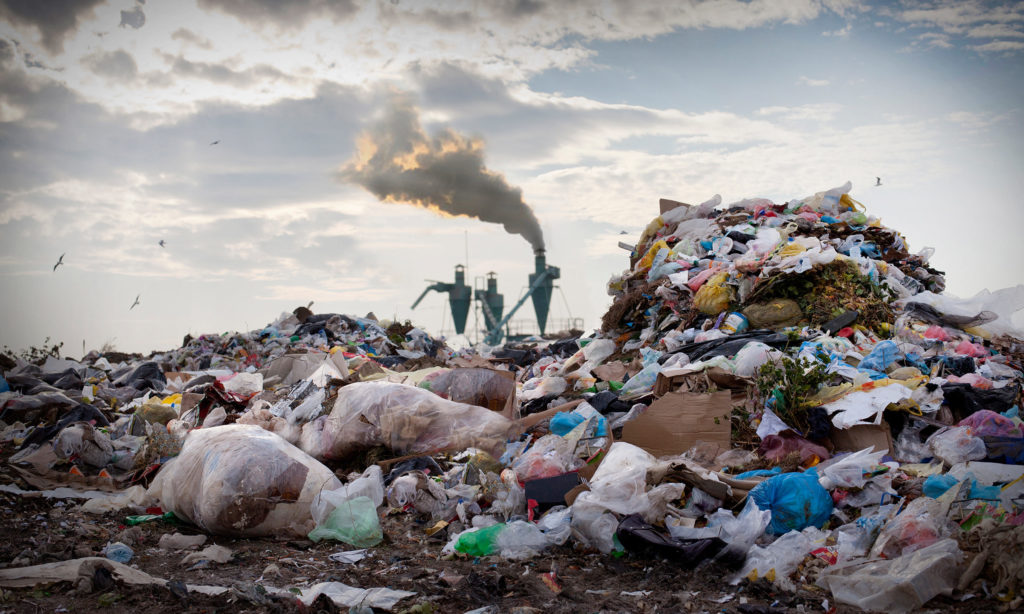Management Of Waste
The numerous schemes for managing and disposing of garbage are referred to as waste management. Disposing, eliminating, processing, recycling, reusing, and regulating wastes are all options. Waste management’s main goal is to limit the amount of worthless items while also avoiding potential health & environmental risks.
Collection, monitoring, regulation, & disposal are all examples of different actions. Local governments frequently provide waste collection services for free. The garbage is disposed of in a variety of ways, including landfill compaction & incineration. Solid waste, in particular, is burnt to reduce its volume by 80 – 95 percent and convert it to gas, heat, ash, & heat. When disposing of garbage through incineration, however, air pollution is a concern.
Other methods, such as recycling, reconditioning, and re-use, are so advocated. Organic wastes, particularly biodegradable wastes, are allowed to decay so that they can be utilised as mulch and compost in agriculture, and methane gas produced by biological degradation can be collected and used to generate energy and heat. Liquid wastes, such as wastewater, are treated to produce sewage sludge, which can be disposed of in a variety of ways, including incineration, composting, and landfilling. Waste disposal is a synonym.
Pollution is the introduction of any substance solid, liquid, and gas or form of energy such as heat, sound, and radioactivity into the environment at a pace quicker than it can be distributed, reduced, decomposed, recycled, and stored in a harmless form. Air pollution, water contamination, & land pollution are the three major types of pollution, as defined by the environment. Specific sorts of pollutants, including such noise pollution, light contamination, & plastic pollution, are also a worry in modern civilization. Pollution in any form can be harmful to the environment & wildlife, as well as to human health & well-being.







